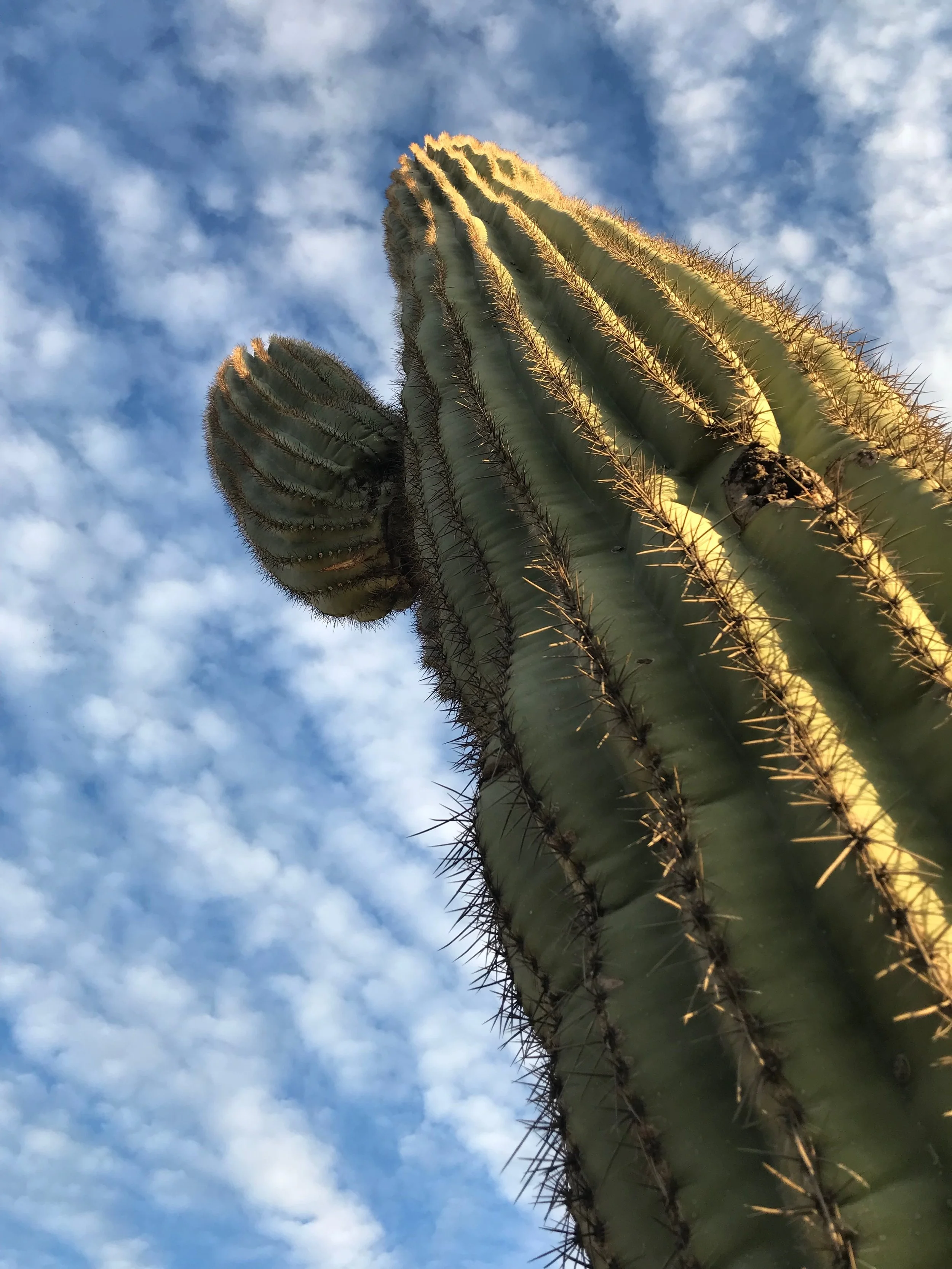A Millennial Learning From Gen Z
Twenty-two faces in front of me, separated by screens and miles, except for the two whose faces I’ve never seen, only black screens.
Some take notes in spiral bonds. Others type languorously and click furiously, indicators that they are toggling between tabs. Then there are those having side conversations with roommates, friends, pets, and parents. I try not to get too distracted by the posters on their walls, sticky tacked to concrete or their twin-sized beds haphazardly piled with Greek lettered paraphernalia, bags of chips and unread textbooks.
A master’s degree prepared me for many aspects of life and of teaching, but not for instructing during a pandemic. I graduated in May of 2020 with a master’s degree in English. I am aware of how laughable that sentence is.
Miraculously, and I do not say that lightly, I was hired at my dream school as an adjunct professor.
Up until August of 2020, I had little to no interaction to the generation monikered Gen Z.
I let a few years lapse between undergrad and grad school and managed to only have night classes. Like I do with anyone of any age, I don’t judge them based off of assumptions and stereotypes.
That is until the night before I began teaching.
I couldn’t sleep as worries pummeled me: Did my outfit portray I’m cool but also professional? Do they even say “cool”? Will they listen to me? Will my examples relate?
Fall on a college campus is idyllic—the stately brick buildings framed by trees rupturing with golds and garnets, the scent of unpackaged school supplies, and the feeling of a new chapter, new beginnings.
Unless of course, you’re in a global pandemic.
I greeted their smiling faces via Zoom. The smiles were an encouraging start. They glowed and vibrated with their freshness. They were all freshmen. I tried not look at the faint wrinkles that I swear I’ve developed from scowling at computer screens and reminded myself to double down on the under-eye concealer next class.
That being said, from the start, I was aware that I am younger than most of their professors. Every facet of myself in the classroom was highly attuned, an intricate choreography of gaining their respect all while being youthful and relatable. I wholeheartedly wanted to be their favorite professor while proving to them that I had both the experience and the training to instruct them.
Somewhere in the midst of this timeline, the Gen Z generation decided to take to Tik Tok and denounce their predecessors, the Millennials, my people. I suddenly found myself feeling self-conscious and even slighted by these, from what I had experienced, pleasant and passive young people.
I have rocked a middle part for going on five years, so I was good in that department. I did find myself deciding they were right, I am too obsessed with coffee consumption and bought a pair of “mom jeans”—which are absolutely my most comfortable pair of jeans.
Weeks passed as I learned their language, noted their near addiction level to their phones and social media, and that their style mimicked my childhood years.
It hit me hard. There is a prominent gap in the eleven years that separate us.
I am not of their generation. There are aspects of it that I will never truly grasp because I’m not supposed to. It’s not that I want to be them. It’s that youth is intoxicating; a fix that with each year I orbit further from.
Thirty looms in a year.
I have a mortgage and an eye cream regimen. I have also achieved near everything I dreamed about when I stood with a college diploma, but no detailed guidebook for my life. I became the person I wanted to be.
It took me too long to realize that I am someone I like and my students like me for that reason. They are receptive to what I teach and how I teach it. In large part this has to do with the fact that I want to know them. I easily could have written them off as younger, but I have such high aspirations for them not only in my classroom but in this world. Realizing this marked the moment where I definitively knew I was meant to teach.
A large part of what I felt in those early days of teaching was nostalgia. And too, some jealousy. Their days were endlessly filled with cheap beer, falling in and out of love with others and themselves, crop tops fitted over bronzed skin from hours spent lounging on the green between classes, and unwavering optimism that shields them from the reality of student loan debt, bills, and the other mundane requirements of being an adult in the working world.
Yet, this isn’t their college experience this year. Extracurriculars have been cut. A majority of college students didn’t move on to campus, instead choosing an extended stay with their guardians. Even those on campus are socially distanced; when they pass each other in the halls you can’t see the smiles exchanged. They aren’t skipping class too hungover from alcohol, but instead hungover by the weight of the current state of our world.
They are already so much older than I was at their age. I am teaching them, but they are also teaching me.
At the start of each semester, my students’ first assignment is to write a narrative essay in which they detail a moment in their life where they either felt silenced or found their voice. My students are honest with me in ways that even my closest friends are not. There is a hope that brings me to tears when I think of how with each generation we become more available to our emotions and more honest about mental health.
I admire their courage in sharing moments with me that are often heartbreaking and horrifying. It’s not taken lightly by me that they entrust me with these parts of themselves.
I end the semester with cover letter writing, in which they envision their future selves applying to their dream jobs. Time and time again, they’ve been told it’s a pointless battle to pursue their dreams because they are just that, dreams. Yet, they hold this awareness more than any other generation—that a life solely lived for money, is not a life lived at all.
Their dreams are enormous and fueled by their passions. I am ready to hire them all. I’m not naïve enough to think they will all become illness-curing doctors, prestigious directors, or peace-seeking politicians, but I will never be the one to tell them otherwise.
For many years, I hope to have the privilege of teaching those in their college years. My hope is that even as they find a myriad of ways in which older generations are “cheugy,” they are also inspired by our successes and learning from our mistakes.
I will continue to age, but my students will always be between the ages of 18-21. My intention is to never just act my age, but to be constantly learning from those who are younger than me. I want to be strongly rooted by the wisdom age brings while allowing my branches to keep reaching upwards and multiplying.
[Cover Photo by Zach Plank on Unsplash]










Rebecca Padgett spends her time with either a pen or book in hand as a full-time freelance writer/editor and lifelong avid reader. She was born and raised in Florida, but the music of Nashville lured her to call this city home. Her passion lies in the transformative power and empathy words can evoke, whether through magazine articles, poetry, creative writing, songwriting or her blog about books she’s currently reading. If you like words, traveling, your wine red and your coffee black you should keep up with her via Instagram @rebeccapadgett.